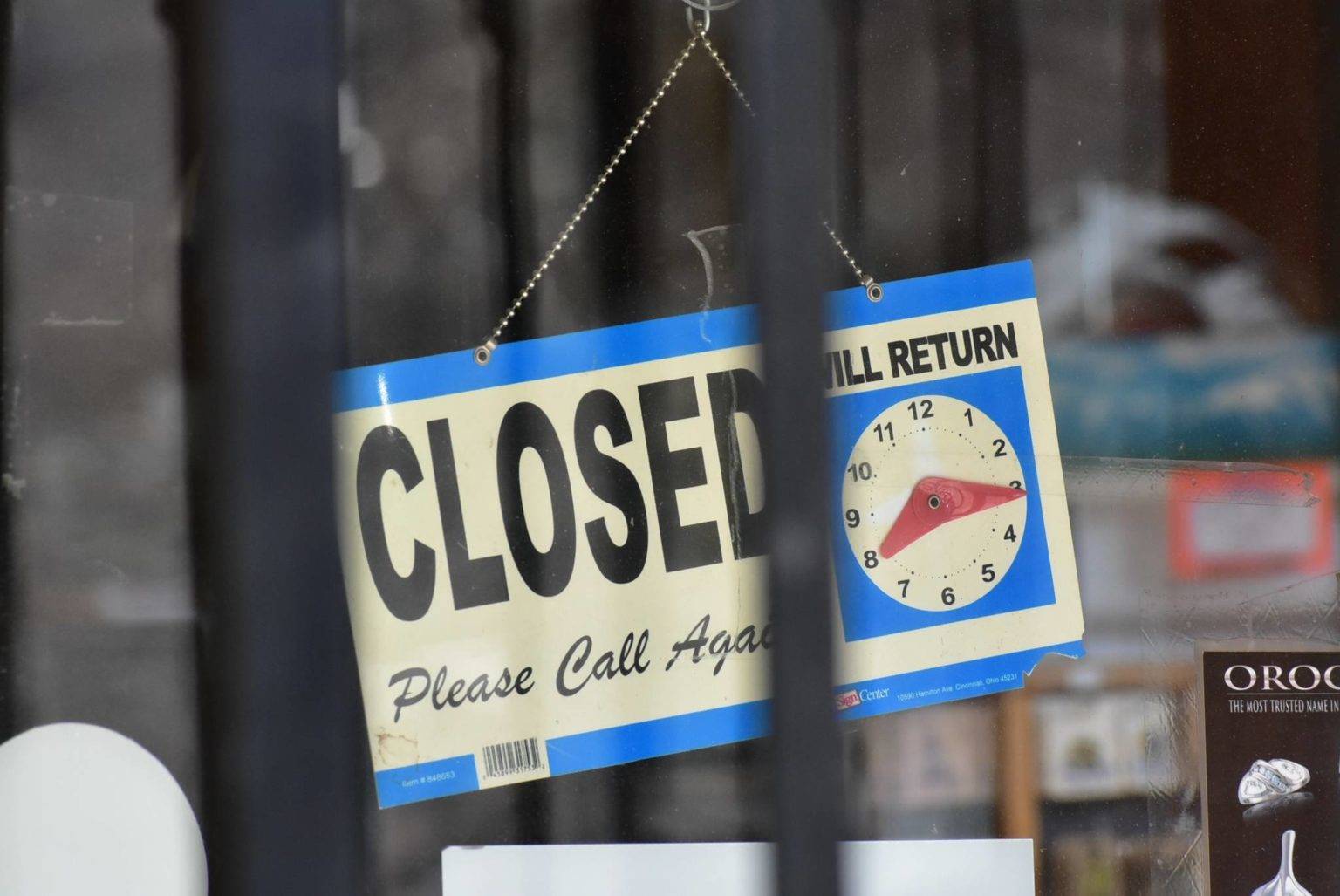State unemployment insurance payments are scheduled to begin next week, the Department of Labor and Workforce Development said in a statement Tuesday.
“Eligible UI recipients currently receiving at least $100 in state funded benefits will see a $300 increase in their weekly payment,” DOL said in an Oct. 13, update posted to its website. “If a filer has one or more dependents, the additional funding for those dependents will be included in the eligibility calculation.”
Those payments can’t come soon enough for Linda Kabealo of Wasilla, who said she’s been expecting payments for weeks now.
“As time’s gone by it’s worsened for me,” Kabealo, 73, said. “I was not even able to pay my full rent, which caused my landlords to have some problems.”
Kabealo was one of several people who reached out to the Empire following an Oct. 6 article with a previous update on the payments. Not knowing when to expect the payments was causing Kabealo and others increased stress as time passed.
The boost in payments comes from a Federal Emergency Management Agency grant program for lost wages, authorized in an emergency order by President Donald Trump on Aug. 8. Gov. Mike Dunleavy announced the program on Sept. 18, saying the payments would be coming soon but did not give a specific date.
[Increased unemployment payments expected this month]
DOL Deputy Commissioner Cathy Muñoz previously told the Empire that a large number of programming changes being made to allow to retroactive payments and staff training with FEMA and U.S. Department of Labor were extending the process.
Kabealo, who works as a behavioral health specialist at a residential treatment facility, said her employer was able to give her a few weeks of work, but that was only temporary.
About 40,000 people in Alaska received unemployment benefits in the last week of September, down from a weekly high of 68,000 recipients in mid-May, according to the Associated Press. About 12% of the state’s workforce receive the assistance, AP said.
The lack of unemployment benefits since the end of July was surely reverberating in the larger economy said DOL economist Lennon Weller, but it was too short of a time frame to see that reflected in any specific data.
“Things like rent, those tend to take time. Whether it’s defaults, evictions. Most landlords are in a pretty different financial situation than the tenants. That’s going to take months if not quarters to materialize. It’s certainly already having an impact, but in the official numbers it’s not really reflected.”
Kabealo said she expects the long-term impact to be noticeable.
“We’re really hurting. We’re going to lose cars, any kind of reputation with our landlord, schools require a payment,” Kabealo said of her grandchildren’s charter school. “We’re not closed in our houses anymore with this COVID thing, but we’re trapped with this COVID thing.”
• Contact reporter Peter Segall at psegall@juneauempire.com. Follow him on Twitter at @SegallJnuEmpire.

